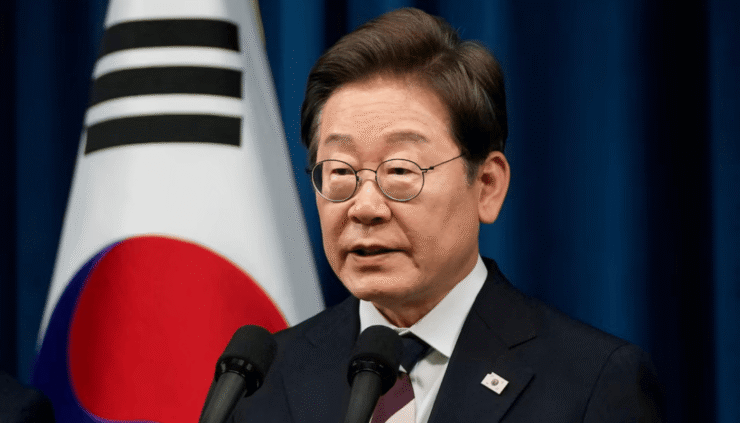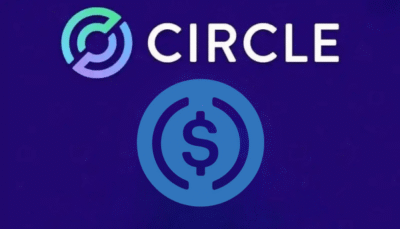In a pivotal shift for Asia’s fourth-largest economy, South Korea has elected Lee Jae-myung as its new president—marking a potential turning point in both domestic policy and digital finance. Lee’s victory follows the impeachment of former President Yoon Suk-yeol, whose turbulent three-year term was marred by military missteps and growing public dissatisfaction.
With a voter turnout of 79.4%—the highest in nearly 30 years—Lee secured 49.42% of the vote, defeating conservative rival Kim Moon-soo, who garnered 41.15%. The result reflects strong public appetite for change, not only in economic direction but also in the country’s approach to emerging technologies.
Alongside pledges to reinforce social welfare and support small businesses, Lee is positioning himself as a champion of cryptocurrency innovation. His platform includes proposals to legalize crypto ETFs, develop a won-backed stablecoin, and provide regulatory clarity for digital asset companies—initiatives that could establish South Korea as a regional hub for blockchain development.
Lee Eyes Local Crypto ETFs in Major Policy Shift
President-elect Lee is preparing a sweeping crypto policy overhaul, focusing on two core priorities: legalizing domestic spot crypto ETFs and launching a won-pegged stablecoin. These initiatives seek to align South Korea with global crypto trends—especially following the success of U.S.-based spot Bitcoin ETFs.
Currently, crypto ETFs are prohibited on South Korean exchanges. Lee’s administration plans to challenge this restriction, aiming to provide regulated, local investment vehicles for crypto exposure—reducing capital outflows to foreign markets.
Even more transformative is his stablecoin proposal. A won-denominated digital currency could strengthen on-chain liquidity while keeping financial activity anchored within South Korea’s regulatory perimeter. Lee has emphasized the need for sovereign digital payment infrastructure to prevent reliance on foreign platforms and protect monetary sovereignty.
The second phase of the country’s Digital Asset Framework Act is expected to launch under his leadership. While the first phase focused on investor protections, the next stage will target stablecoin regulation, exchange disclosure requirements, and market integrity measures.
To complement these changes, Lee aims to cut through bureaucracy in government-designated blockchain development zones, encouraging experimentation and innovation with reduced regulatory friction.
A Second Chance for Crypto Reform in Korea’s Political Arena
While President-elect Lee’s progressive crypto stance has inspired optimism, it’s not South Korea’s first attempt at blockchain-friendly leadership. His predecessor, Yoon Suk-yeol, also entered office with promises to ease crypto regulations—but saw limited results due to institutional pushback.
Under Yoon, the Financial Services Commission (FSC) resisted deregulation, maintaining tight control in the name of investor safety. As a result, many of Yoon’s initiatives stagnated, disappointing retail traders and crypto businesses alike.
However, the landscape may now be more favorable. In recent months, the FSC has hinted at softening its position, showing willingness to engage on stablecoin policy and ETF access. If these signals translate into action, Lee may be better positioned to deliver where Yoon could not.
With nearly 9.7 million South Koreans—or roughly 20% of the population—already trading digital assets on local exchanges, user demand is not in question. The key difference this time may be timing, execution, and political alignment across agencies.
Quick Facts
- Lee Jae-myung won South Korea’s presidency with 49.42% of the vote, after the impeachment of former President Yoon Suk-yeol.
- His crypto agenda includes legalizing spot ETFs, launching a won-backed stablecoin, and expanding blockchain development zones.
- South Korea currently bans crypto ETFs; Lee aims to reverse this to retain investor capital locally.
- Nearly 20% of South Koreans hold crypto accounts—highlighting strong retail demand for clearer regulation and safer digital finance options.





